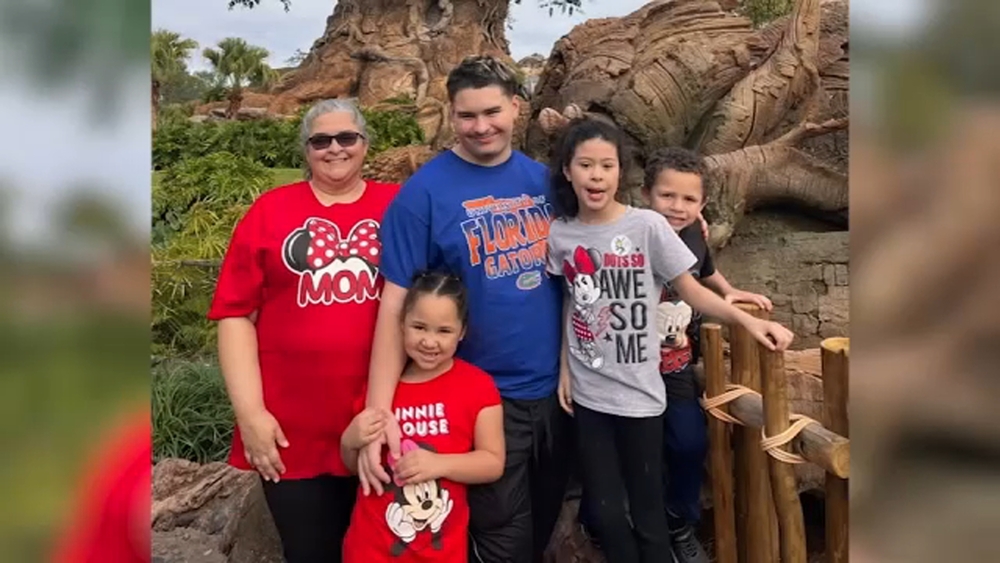Text scams posing as political groups, voter registration sites hope to steal your money, identity

RALEIGH, N.C. (WTVD) -- Are you getting unwanted political calls and texts asking you to donate or register to vote? You're not alone and scammers are behind many of these calls and texts -- not actual candidates, or campaigns.
There are many forms of election scams. They all want your money, personal information or both.
"I'm getting incessant amounts of text messages from different campaigns," voter Kim Jordan said.
She gets dozens of political texts weekly asking for donations. No matter what she tries, she can't get them to stop.
"I can go through and delete them and report them or I can hit stop, but just then they just come from another number. It's frustrating because it interrupts my day," Jordan said. "Also, it's frustrating because, you know, text messages take up storage on your phone. So, you know, I have either got to keep constantly deleting or stop or whatever just to keep so I can find the messages that I really need to find."
Jordan is not alone. ABC11 viewers shared several examples of voting registration scam texts.
One message asks to confirm voting records. Another bogus text claims records show you're not registered to vote, even though the person who received the text knows they're registered. All of these texts have links, claiming you can check your voting status.
SEE ALSO | Scammers target back to school shoppers; ABC11 Troubleshooter tips for ways to protect your money

"That's dangerous, because when you are truly registering to vote. You do have to input a lot of personal information. They're gaining access to your personal information that could be used down the line in an identity theft situation," Corie Wagner with Security.org said.
Wagner said election scams are one of the top scams of 2024, especially fake campaign donation requests.
"They might say. You know, donate to this presidential campaign or that one but where the money truly going isn't real. There are technologies out there nowadays that can duplicate many different types of voices, and it can sound really convincing, and it could also be done with video," she said.
If you get unwanted political texts or phone calls, always hit junk or block the number. You can also forward the text to 7726 or spam. To protect your money and identity it is wise not to click on any links from unsolicited texts or emails. Instead, if you want to donate go directly to the candidate's campaign.
The Better Business Bureau warns to watch out for copycat websites impersonating candidates or political parties. You should look closely at the URL. With fakes, the domain name is slightly different. There could be a hyphen instead of a period or a few letters added to the domain name. Also, look for misspellings.
SEE ALSO | Calls, texts information leaked in the AT&T data breach can be used by scammers

If you get texts claiming to check your voting record or register you to vote, don't respond!
You can go to the North Carolina State Board of Elections website to learn how to register to vote and confirm your registration or check where you're supposed to vote.
If you do want to donate, again do that directly through the candidate's website, and try to use your credit card. That does offer the most protection against fraud.
One last tip, if you donate, make sure you look to see if there is a box that you must uncheck to make sure it's not a recurring donation. One ABC11 viewer failed to see that box, and got quite the surprise when they realized they'd sent hundreds of dollars more than they expected to the campaign.
More stories from ABC11 Troubleshooter Diane Wilson











